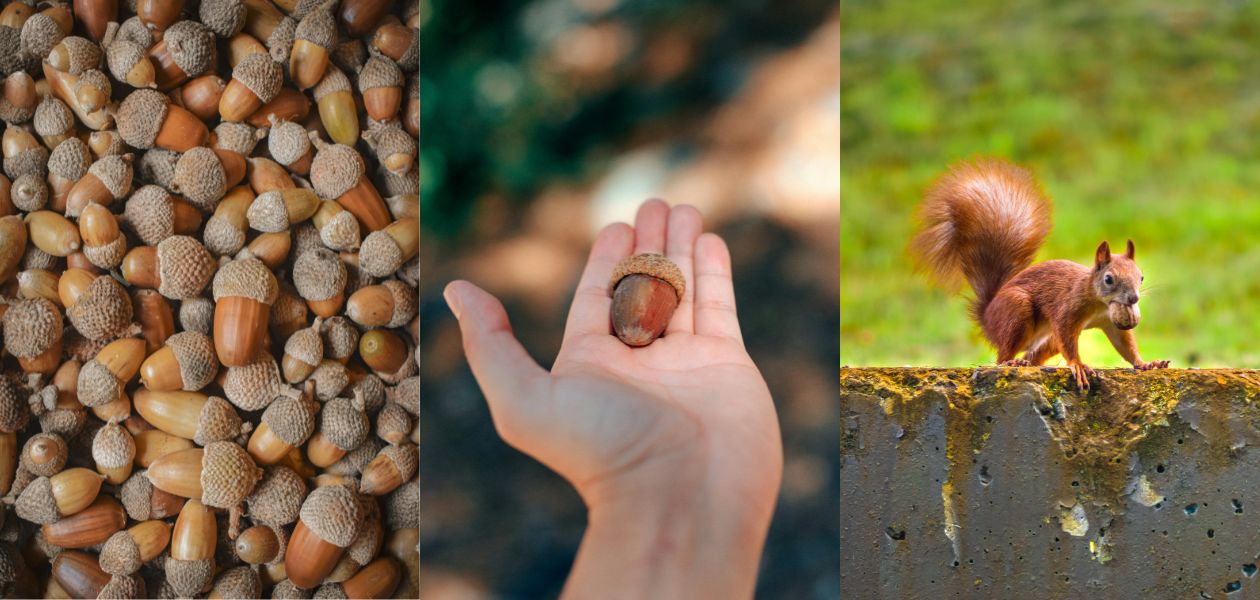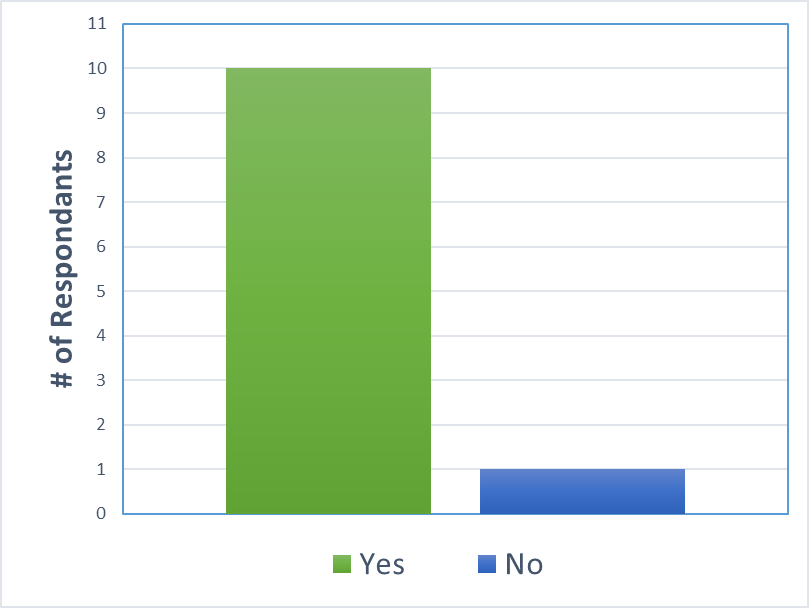
From Then to Now: What Learners are Still Telling us About Their CURE Experiences - Part III
CURE Approach: Generalizable? Heck, yeah!
By HAROLD BULL, DAWN GIESBRECHT, AND SHERYL MILLS(This blog series is authored by USask denizens Harold Bull, Dawn Giesbrecht and Sheryl Mills) Harold is Assistant Professor Biochemistry, Microbiology & Immunology. Dawn is Laboratory Instructor Anatomy, Physiology and Pharmacology; Biochemistry, Microbiology and Immunology. Sheryl is Associate Director, Academic Programs & Interprofessional Education, USask Health Sciences)
In Post 3, From Student to Researcher (in one Term!): What learners told us about their CURE experiences, we provided direct quotes from learners. After four years of consistent, powerful, and insightful learner comments we decided to do a more fulsome study. We took the plunge and surveyed1 CURE course graduates from our first four offerings of the course (2019-2022). One quarter (25%) of all learners responded2. This blog series (within a series) (harmoniously🎵🎵) presents the data from the survey in four parts.
Part I presents data from survey questions related to skills and attitudes. Part II presents data from survey questions related to developing as a researcher. Part III (this part) presents data from survey questions related to generalizing the CURE approach to other courses. Part IV presents data from survey questions related to challenges the learners experienced in the CURE course and skills. (Note: The questions were not presented in this order on the survey. All survey respondent comments are included—no editing or cherry picking. 🍒)
Part III
Part III (this part) presents the data from survey questions related to generalizing the CURE approach to other courses. “What “kernels” 🌰 of the CURE design can be applied elsewhere?” you might be asking. Although we (the authors) have explored this concept in earlier posts in this series,3 in this post we share what our learner colleagues told us about the aspects of the CURE course that they think are transferrable—with a little bit of buildup first. 😉
- “On a sliding scale of 0% to 100%, how much do you remember about your CURE project?”4
- Response rate = 100%
- Average = 78%
- Range = 50%-100%
- “How much do you remember about the experience of doing your CURE project? Please elaborate.” 5
Comments:
- I remember having to completely change the traditional way we do academic projects. Where we just research papers and gather others findings. Instead we had to find gaps in the knowledge of papers, which was significantly harder than I previously expected.
- I remember teaming up with two other students and working on a pilot project to transform cells, as well as our main project that investigates slippery sequences in phage lambda.
- I remember the development, planning, writing and collaboration aspects. I was part of the Covid cohort and so lab aspects are not applicable.
- I remember the development process of our study design was harder than I initially anticipated. Being able to do hands-on experiments autonomously unlike other undergraduate courses was a new experience for me. I learned how to navigate through a lab and how to use appropriate instruments for our project. There were days with long hours in the lab which was tiring but rewarding in the end. Thanks to our great team, we successfully made it through the course together. The instructors were all great and helpful!
- It was at the beginning of Covid. I remember trying to finish up our project before the university was going to close
- I remember broadly the objectives, running the gels and the DNA glowing in the UV
- I remember the projects we were assigned to do.
- I remember it being a lot of work but I got to learn a lot and enjoyed the experience. I was however quite disappointed in my mark. I received an grade of 86% but I had never put more time, effort and heart into a class and I felt my grade should have been higher than it was.
- Because we were the first group there was lots of troubleshooting re-agents. But in the end we did get a budget and a primer designed, ordered and into our target organism with a low copy number plasmid.
- I remember a fair amount of the schedule of the course/online delivery and semi-monthly updates from my team. I would say that I remember less about the project that my team pursued, and more so how the class was structured/how my team interacted with one another.
- It was a very good experience. The course emphasized on independent critical thinking. We were given a lot of freedom in terms of experiment and hours.
- “When you think of this course relative to other courses in your undergraduate experience, did you feel more like you had an academic home?”6

Figure 1: CURE course as academic home
Comments:
- Easily the best part about university.
- I have never thought about it, but yes I do feel like I was part of the department. Especially because of the weekly meeting we would have with our project supervisor (Dr. Bull) to discuss our progress.
- I made friends who were motivated and curious in the same way I was and it developed into friendships that I still maintain and give me a support system moving forward in research and its success and trials.
- It's more related to my passion, which is the more lab-focused, research-focused aspects of microbiology.
- I felt very confident in the lab, in the planning and in the group sessions
- I wish we had more courses like this since we were majoring in microbiology. It would have given me more clarity into the laboratory life and its financials.
And drumroll please...🪘or 🥁 (reader discretion on the drum emoticon)
4. What aspects of how the CURE couse was designed could be incportated into other courses?
Comments:
- I think giving students autonomy with guidance is a good idea for some upper level classes. A mandatory presentation at the end to demonstrate what we have learned is also a great way to enhance other skills.
- The self-efficacy of it. Having learning by a self-guided process has allowed me to really take what I learned and know it through and through.
- Instead of having individual labs for each course to demonstrate the individual aspects. Having an over-arching CURE project for "core" science students would be way better experience. Lab safety course would be easily incorporated. PCR is almost critical to any biological project now. Instead of doing it once having more ability to perform primer design for gene testing and gene annotation would be valuable and surprisingly cheap.
- The pilot project (transforming cells with pGFP) is already part of another course. Many of the team oriented skills are highlighted after the pilot project, as well as some of the technical skills (ex. PCR, primer design, and reporter design). I cannot see how the main project (self directed portion) could be implemented in another course.
- More of the development of questions and developing methodology would be useful in developing new scientists.
- We learned about the techniques but in this course we were able to actually use the techniques in experiments
- Perhaps the hands-in approach. Other courses are restricted to lectures, then the concepts are not practiced and the student is not challenged
- I really enjoyed the assignments that were given to us, especially the one where we had to create our own hypothesis and btw the team selected which one to use as a team hypothesis. Through this class, I gained something that I can put onto my resume. More classes should incorporate hands-on experience.
- I think "teams" of 4 should be implemented in other lab courses. The team should be allowed to have 1 report that they can collaborate on and have to provide a research question and breakdown of methodology before the start of lab periods as well to get used to this skill set.
- The proposal writing. We don’t always need big term papers to demonstrate our knowledge. We can also write it by keeping it short, crisp and in layman terms.
Authors’ Reflections
Our highlights 🥳
- We aren’t alone in thinking that elements of CURE courses are transferrable to other courses.
- The CURE experience was memorable.
- CURE graduates continue to draw on elements of their experiences.
- Learners have something valuable to put on their resumes.
- At least one student thought it was the best part about university!!
What we would like to know more about 🧐
- How to help others include and maximize opportunities for self-direction, autonomy, doing research, and teamwork in any course.
- What was it about this experience that made it so memorable?
- What makes for an “academic home”?
- How to collaborate on One Drive documents effectively. Why our cursors get randomly punted back to the top of the document. How does OneDrive actually work!? 😳
[1] Please contact the authors for the survey.
[2] Yes, we are aware that anything over 10% response is extraordinary! And we were very pleased.
[3] Post 11: Transferring CURE Principles into ’non-CURE’ courses: The ’Science’ and Post 12: Transferring CURE Principles into ‘non-CURE’ courses: The ART
[4] The ”project” referred to was team-directed research that learners carried out over one term. You can learn about this project by starting at Blog Post #1 in the series. 🤣
[5] This was a “comment only” survey item.
[6] In hindsight, we didn’t highlight this concept of ”academic home” in the course—or in the survey 🙄. It was an in-the-moment ”this would be interesting to know more about” survey question.
